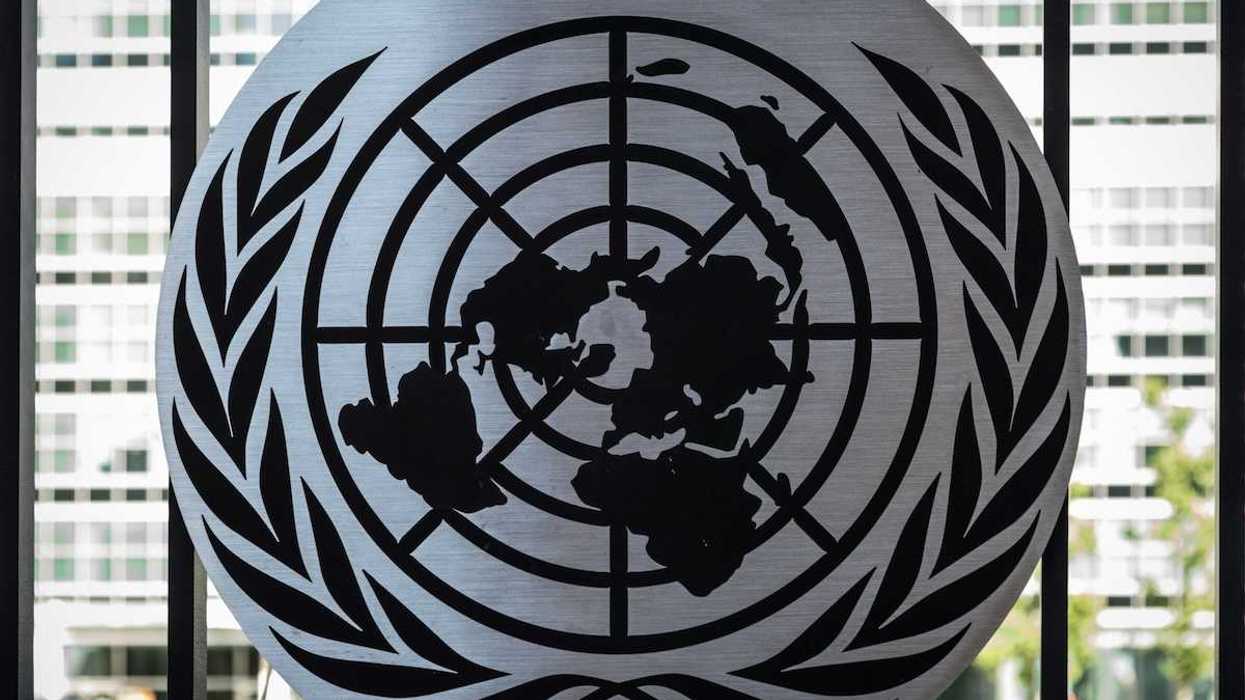France’s decision to lift its ban on the pesticide acetamiprid has ignited protests from beekeepers, chefs, and environmental groups, who warn the move endangers pollinators, human health, and the nation’s food culture.
Adam Sage reports for The Times.
In short:
- Parliament approved the reintroduction of acetamiprid, a neonicotinoid pesticide banned in France since 2018 but still used elsewhere in Europe.
- A petition opposing the law has drawn more than 1.9 million signatures, the largest response in French parliamentary history, amid protests and threats against lawmakers.
- Farmers, especially sugar beet producers, pushed for the reversal, saying previous restrictions left crops unprotected from pests and jeopardized livelihoods.
Key quote:
“I guess my biggest fear is that I am waiting for the roulette wheel to turn on which ailment I’m going to be given.”
— Carolyn Bouguet, administrator of the French National Beekeeping Union
Why this matters:
Neonicotinoids like acetamiprid are prized for protecting crops but blamed for devastating pollinator populations, including honeybees critical to food production. Their use can ripple through ecosystems, affecting birds, soil health, and water quality. France’s reversal signals a broader struggle between agricultural demands and environmental safeguards, a conflict playing out across Europe and beyond. The petition’s historic scale reflects growing public unease about chemical residues in food and the erosion of trust in governments to weigh health risks against farm pressures. For families who prize local honey or seasonal produce, the debate speaks to deeper concerns about how much chemical exposure is baked into daily diets and whether that trade-off is worth the harvest.
Related: France faces backlash as over one million people demand halt to bee-toxic pesticide law














